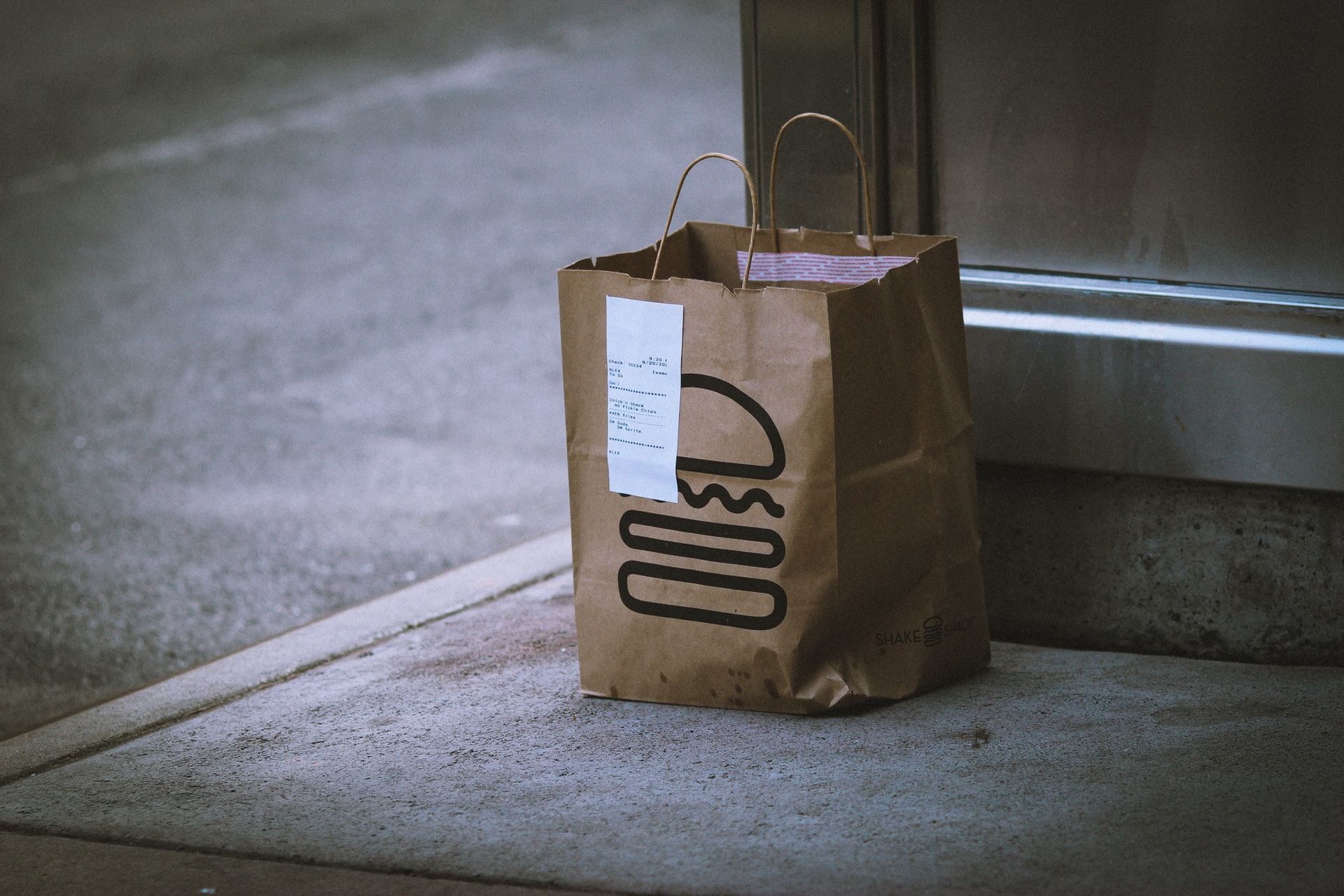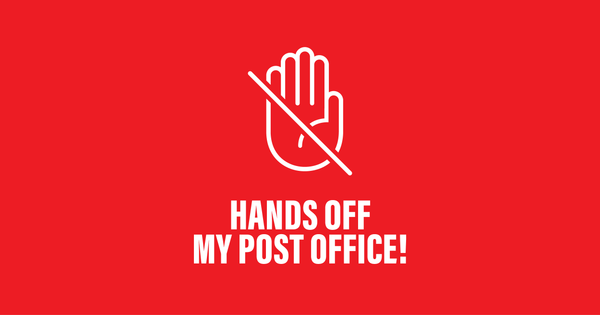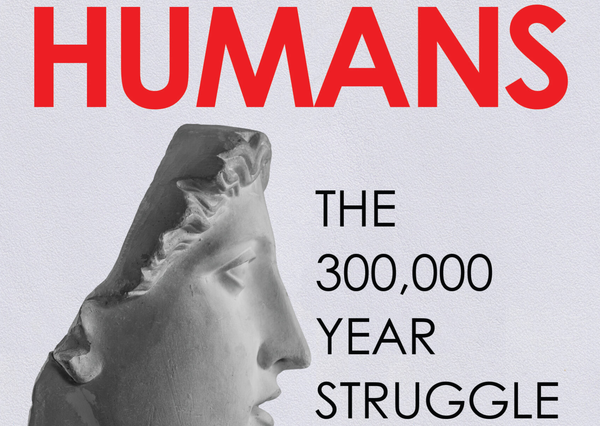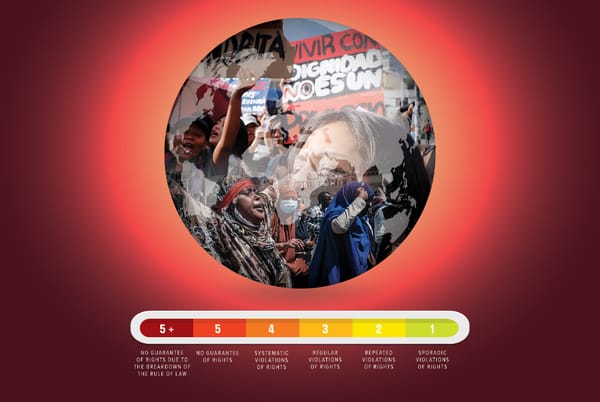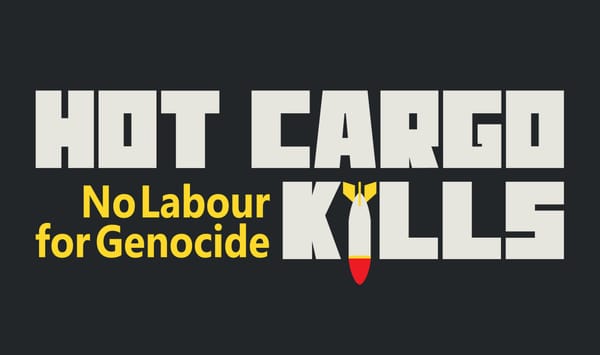
Of the various social inequalities exposed by the COVID-19 pandemic, perhaps none is greater than the discrepancy between the wealth accumulated by e-commerce companies and the plight of their workforces. The meal kit delivery company HelloFresh provides a glaring example of the struggle between the new “tech giants” and the hyper-exploited workers on whom they depend.
As pandemic lockdowns kept people home over the past two years, demand for takeout and other meal delivery services ballooned. In 2020, HelloFresh doubled its sales, taking in $4.2 billion USD in revenue and selling 278 million meal kits globally. The company now operates in 15 countries and employs more than 11,800 people in its production and distribution network.
Yet this astonishing growth hasn’t trickled down to those on the line in the company’s “factory kitchens” where meal kits are prepped, processed and shipped. HelloFresh workers, many of whom are women, recent immigrants and racialized, earn barely above the minimum wage in the jurisdictions in which the company operates.
Workers at HelloFresh have had enough of low wages and the firm’s notoriously dangerous working conditions. At the company’s two largest production American facilities in Aurora, Colorado, and Richmond, California, workers are now organizing with the union UNITE HERE. Applications were filed with the United States National Labor Relations Board (NLRB) earlier this fall.
Despite HelloFresh’s exponential growth and profit since the pandemic began, workers at the German-based company continue to earn low wages and lack adequate benefit coverage. For example, as part of the organizing drive, UNITE HERE conducted a survey of 329 of the approximately 1,250 workers between the two facilities. Eighty-one per cent of workers reported being worried about paying their rent or mortgage, while 43 per cent said low pay caused them to experience hunger in the past year.
Repetitive stress injuries, broken bones and unrealistic production quotas are all common complaints from workers inside HelloFresh’s kitchen factories. Workers interviewed by VICE’s Motherboard reported being expected to package 600 to 1,000 boxes per shift, while staffing shortages have exacerbated physical and mental stress at work. According to UNITE HERE, 33 per cent of workers reported being injured at work.
Though the legislation won’t cover HelloFresh’s California facilities (as they aren’t technically a “warehouse”), these are exactly the kind of egregious working conditions that prompted the passage of Assembly Bill 701 earlier this year. Drafted by Democratic Assemblywoman Lorena Gonzalez, AB 701 requires warehousing and distribution employers to disclose quotas and production targets to their workers, and remove quotas that conflict with state health and safety laws and working time regulations (for example, if a production quota prevents workers from taking breaks). When it goes into effect in January 2022, the Bill will also ban employers from retaliating against workers who don’t meet undisclosed production targets.
Unrealistic work expectations at HelloFresh were particularly problematic during the height of COVID-19 spread, as workers claimed that the company prioritized output over health and safety. HelloFresh’s California facility was the site of the largest COVID-19 outbreak in Contra Costa county, when 171 workers contracted the virus and one died. Of workers across the two kitchen factories, 28 per cent reported contracting COVID-19 in the last year.
Adding to the media attention on UNITE HERE’s campaign to organize HelloFresh, More Perfect Union recently released a video featuring workers involved in the union drive describing the brutal and unsafe conditions at the company’s production facilities.
Corroborating what workers told More Perfect Union, the Guardian has also reported that HelloFresh has engaged in “an aggressive anti-union campaign.” In September and October, UNITE HERE filed several unfair labour practice (ULP) complaints against HelloFresh with the U.S. NLRB, accusing the company of intimidating, and retaliating against, workers involved in the union campaign. All the usual tactics have been deployed, including mandatory meetings and the use of factually inaccurate anti-union propaganda. The ULP cases have yet to be resolved.
Like other profitable companies facing a union drive, HelloFresh has hired a high-profile union avoidance firm called Kulture Consulting. The meal kit company is allegedly spending “thousands of dollars a day” on this union busting campaign, according to HuffPost. Filings with the United States Department of Labor indicate that HelloFresh is paying $3,500 a day, plus expenses, to each of the seven anti-union consultants being utilized between the two production facilities.
HelloFresh, like most “tech innovators,” claims it is concerned about “social responsibility,” including “the rights of workers throughout our operations and our supply chain.” Of course, this commitment to “workers’ rights” rarely extends to recognizing the right to form or join independent trade unions.
It appears that the push to unionize HelloFresh is growing. Lauren Kaori Gurley at Motherboard reported in late October that workers at two of the company’s New Jersey distribution plants were also seeking unionization. Workers at the Newark distribution centre have already filed for a union election at the NLRB, while those in Totowa are not far behind. HelloFresh strategically placed its facilities in New Jersey to avoid the better wages and stronger workplace protections in New York.
However, the union effort in New Jersey isn’t part of the larger UNITE HERE campaign in Colorado and California, and is instead being led by the Brotherhood of Amalgamated Trades (BAT). According to Kaori Gurley, BAT took on this union drive out of concern over the conditions experienced by workers at HelloFresh.
A word of caution is in order here. As Jonah Furman pointed out in Who Gets the Bird? two weeks ago, there’s suspicion that BAT could be working with the company to serve as a foil to broader union efforts at HelloFresh. BAT has previously been implicated in a clear case of union busting in New York City when moving companies contracted with the Teamsters union locked out these workers and instead began using contract labour supposedly represented by the BAT. Teamsters and others involved in this campaign to save union moving jobs in NYC have characterized the BAT as a “fake union, boss’s union, yellow union” and “not a workers’ organization.”
Time will tell what this all means for HelloFresh workers in New Jersey.
Across North America, workers are beginning to use the supposed “labour shortage” to their advantage. Much of this so-called shortage is sectoral in nature and is the result of a combination of low-wage employers refusing to raise pay and workers finally having the economic breathing space to look for alternative work. Nevertheless, a tight labour market can provide the working class with some much needed leverage to push for better pay and working conditions and to organize in industries where unions are desperately needed.
The union election ballots of HelloFresh workers in Colorado were counted this week, while workers in California will have theirs tallied in mid-December. Should workers and UNITE HERE prove successful, they will be the first in the growing meal kit delivery business to organize and could change the labour landscape in the industry.
Let’s hope these workers get a union.


